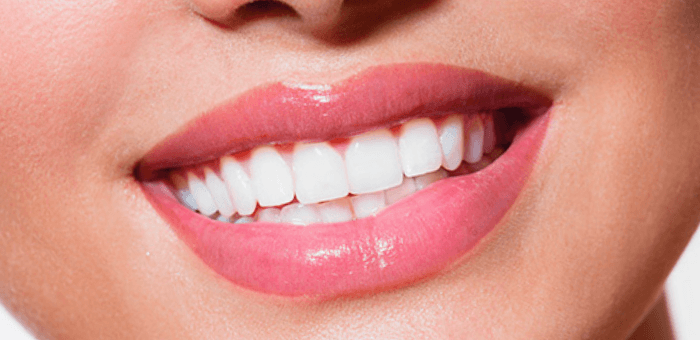Our daily
habits often cause the color of our teeth to become darker, duller and
yellowish. This can happen because of the coffee we drink, wine or
tobacco smoke. But being born with a more or less white enamel also
depends on our genetics, and sometimes the lottery is not up to us.

Tooth
whitening is the order of the day, but what we don’t know one hundred
percent is how to start with it. We see in Instagram how several
influencers have their own little blue light bulb at home, we hear about
whitening pastes that promise to whiten more than three shades at a
laughing price, treatments for home, in clinic … But everything is too
confusing and before getting down to work there are many doubts that
must be resolved.
The
first question is which treatments are the safest and most effective.
It is common that after knowing how much a dental whitening treatment
costs in a clinic, then we look for other alternatives to professional
teeth whitening that in turn are more economical.
That’s why today we bring you 9 tips you should consider before getting a teeth whitening.
1- Which is the safest and most effective method?
According
to the opinion of Dr. Nadia Sarmini, director of Clínica Bernabéu, “the
fundamental thing is that behind a whitening is the figure of a
professional dentist. There are two methods of whitening, in the clinic
and at home. In the clinic, through the use of the technology of an LED
light lamp directed at the patient’s teeth activates and enhances the
bleach that has previously been applied on them. She also recommends
doing it at home but always supervised by a dentist, and never with
“home-made” bleaching (with remedies taken from the internet or kits of
dubious origin).
Dr.
Daniela Carranza, from the Professor Sada Institute says that the older
the patient, the darker the tooth color and therefore the result is
much more remarkable. She highlights several ways of whitening teeth.
- Oral cleaning with bicarbonate
Ultrasound
is used here to remove tartar from the surfaces of the teeth. In
addition, this type of cleaning also treats surface stains, often this
step is omitted and is a big mistake. If the shade of the teeth is
beautiful it may not be necessary to perform a whitening if not more
continuous oral cleanings in consultation.
- In-Clinic Whitening
<<Read the full article >>
Comentarios
Publicar un comentario